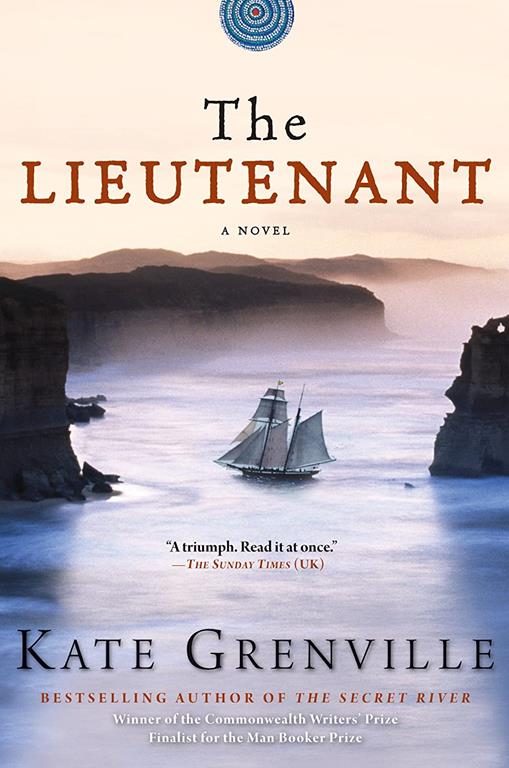As a boy in England, Daniel Rooke was always an outsider. Ridiculed in school and misunderstood by his parents, Daniel could only hope―against all the evidence―that he would one day find his calling. His affinity for and ability with numbers takes him away from home and narrow-minded school, winning him a place in the Naval Academy where he becomes obsessed with Euclid and Kepler, with their concepts and theories of the orderliness of the world where everything―including a misfit like himself―has a place and purpose.
The Lieutenant is an extraordinary story about the poignancy and emotional power of friendship, and how through that bond a man might find his true self.
لغو
ذخیره و ثبت ترجمه


























دیدگاه کاربران